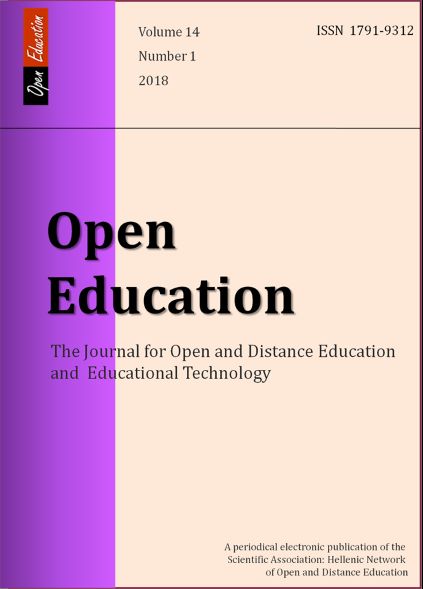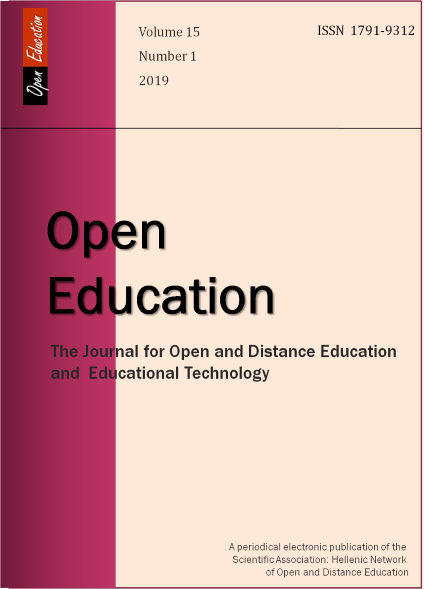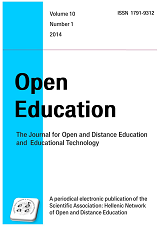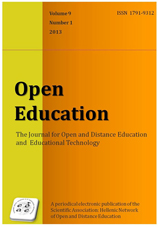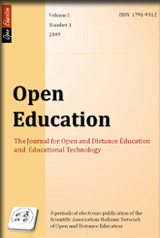Student Admission Data Analytics for Open and Distance Education in Greece
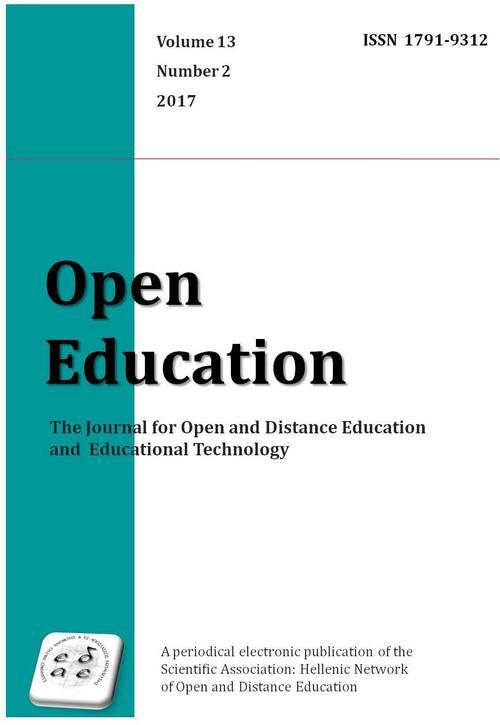
Abstract
Over the last few decades, distance learning has become very popular, as a result of the many pros it offers, along with its flexibility. The need for a better understanding of the data originating from such educational environments has led to the rise of the Educational Data Mining research field. However, most of the studies so far focus on the analysis of the data being collected during and/or after the distance learning courses. In this paper, we study the demographical data related to student applications for acceptance in distance learning programs offered by the Hellenic Open University, during the decade from 2003 to 2013. Our study aims at analyzing the data, and discovering patterns and knowledge that can be used to help the strategic placement of the university, and the improvement of the experience that offers to its students. Moreover, we attempt to correlate the discovered findings with the social and financial status of the applicants’ environment.
Article Details
- How to Cite
-
Kagklis, V., Lionarakis, A., Marketos, G., Panagiotakopoulos, G. T., Stavropoulos, E. C., & Verykios, V. S. (2017). Student Admission Data Analytics for Open and Distance Education in Greece. Open Education: The Journal for Open and Distance Education and Educational Technology, 13(2), 6–16. https://doi.org/10.12681/jode.11482
- Issue
- Vol. 13 No. 2 (2017)
- Section
- Section 1
Copyright Notice
Authors who publish with this journal agree to the following terms:
Authors retain copyright and grant the journal right of first publication with the work simultaneously licensed under a Creative Commons Attribution Non-Commercial License that allows others to share the work with an acknowledgement of the work's authorship and initial publication in this journal.
Authors are able to enter into separate, additional contractual arrangements for the non-exclusive distribution of the journal's published version of the work (e.g. post it to an institutional repository or publish it in a book), with an acknowledgement of its initial publication in this journal.
Authors are permitted and encouraged to post their work online (preferably in institutional repositories or on their website) prior to and during the submission process, as it can lead to productive exchanges, as well as earlier and greater citation of published work.



